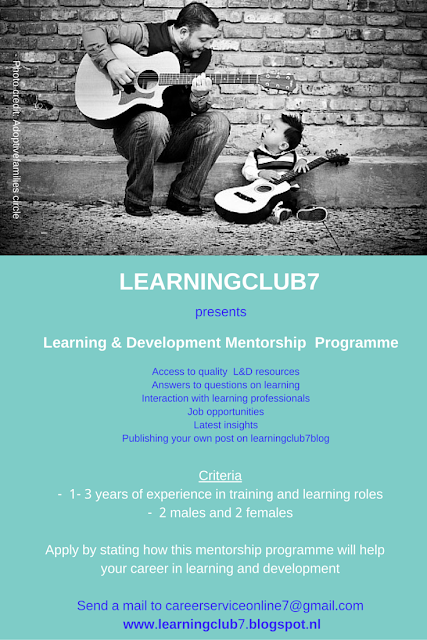Using the principles of game design in learning (gamification)

Are you hooked to candy crush, criminal case or pokemon go? I bet most people are. I find these games amusing and interesting and certain features can applied to learning design. Let's consider the characteristics of typical games. Games usually have different levels. Most games give immediate feedback whether you succeed or fail. Games provide opportunities to try again Games are engaging through the use of all your senses. Games are usually fun. Games also build communities and provide a common area of interest. Games are built on things or elements we can relate with in everyday life. With the typical characteristics of games listed above, let us consider what we can apply to learning. Design learning in stages starting from simple concept to difficult ones. Immediate feedback is much more effective in driving learning and motivates than delayed or suppressed feedback. Actual learning takes place in the process of doing and trying again. Learners...






